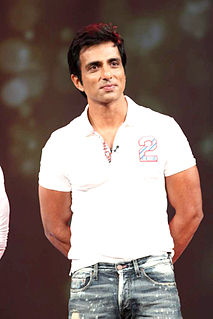A Quote by John Dufresne
I write with a fountain pen. And then revise word by word and line by line so that the first draft of a scene is usually the tenth or so draft.
Related Quotes
It can take years. With the first draft, I just write everything. With the second draft, it becomes so depressing for me, because I realize that I was fooled into thinking I'd written the story. I hadn't-I had just typed for a long time. So then I have to carve out a story from the 25 or so pages. It's in there somewhere-but I have to find it. I'll then write a third, fourth, and fifth draft, and so on.
I guess the thing I would say most fervently is that your original impulse to write something is an impulse you should trust, and that if it doesn't work on the first draft, which it hardly ever does, the commitment to revising ought to be something you embrace really early. And to revise and revise and revise.
Almost all good writing begins with terrible first efforts. You need to start somewhere. Start by getting something-anything-down on paper. A friend of mine says that the first draft is the down draft-you just get it down. The second draft is the up draft-you fix it up. You try to say what you have to say more accurately. And the third draft is the dental draft, where you check every tooth, to see if it's loose or cramped or decayed, or even, God help us, healthy.

































